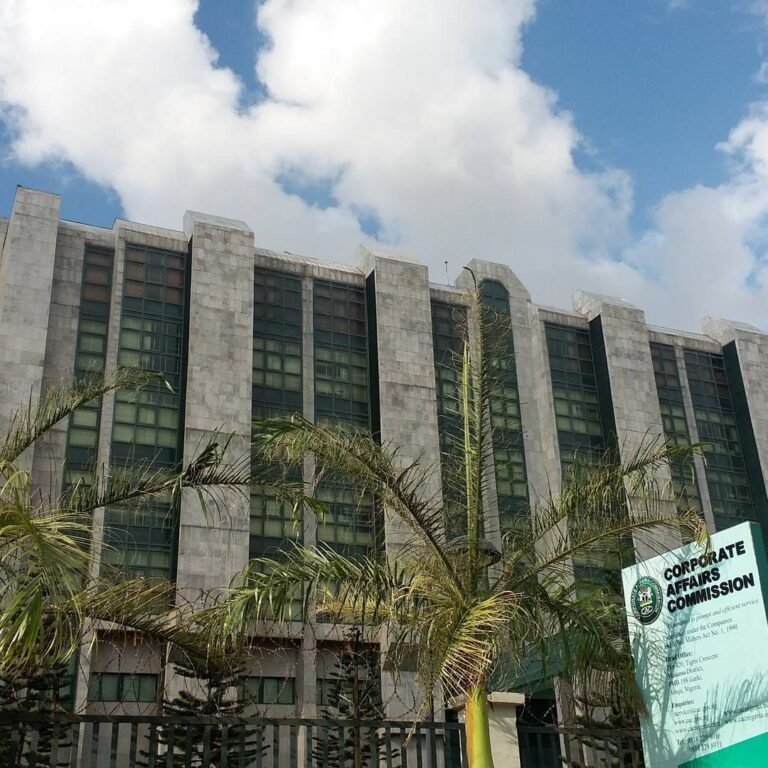Nigerian President Bola Ahmed Tinubu recently suspended the country’s Minister of Humanitarian Affairs and Poverty Alleviation, Betta Edu. The minister bagged the suspension on Monday, 8th January 2024, following a groundswell of opinions and controversies involving the transfer of N585.2 million into the private bank account of a civil servant—the accountant in charge of grants for vulnerable Nigerians.
While an investigation is ongoing, her suspension indicates a remarkable stride towards reform of the country’s political system.
It was learnt that Betta Edu issued a memo to the Accountant General of the Federation in December 2023, ordering the amount in question to be paid into the civil servant’s private bank account.
According to research, since 1999, which was the emergence of civilian rule that marked the era of the Fourth Republic, there have been 17 suspended ministers. Most of the suspended ministers “were involved in a bagful of scandals, while others were victims of cabinet overhaul.”
Per Betta Edu, the presidential spokesperson, Ajuri Ngelale, revealed that the suspension was in line with President Bola Tinubu’s commitment to upholding the highest standards of integrity, transparency, and accountability in the management of the commonwealth of Nigerians.
“The President further directs the Executive Chairman of the Economic and Financial Crimes Commission (EFCC) to conduct a thorough investigation into all aspects of the financial transactions involving the Federal Ministry of Humanitarian Affairs and Poverty Alleviation, as well as one or more agencies thereunder,” Mr Ngelale said.
Not only that. The president also tasked a panel led by the Coordinating Minister of the Economy and Minister of Finance to conduct a thorough investigation into the financial architecture and framework of the social investment programmes.
The target of the action is aimed at reforming the relevant institutions and programmes in a determined bid to eliminate all institutional frailties for the exclusive benefit of disadvantaged households and win back lost public confidence in the initiative, the spokesperson added.
The act of the minister is in contravention of Chapter Seven, Section 713 of the Federal Government Financial Regulations, 2009 which states: “Personal money shall in no circumstances be paid into a government bank account, nor shall any public money be paid into a private bank account. An officer who pays public money into a private account is deemed to have done so with fraudulent intention.”
Nigeria was ranked 150 among 180 countries on the 2022 Corruption Perception Index (CPI) released by Transparency International after scoring 24 points out of a total of 100.
The CPI is Transparency International’s tool for measuring the level of corruption in the systems of 180 countries worldwide based on certain prevalent indices.
Such indices are: bribery, diversion of public funds, public officials using public office for private gain without consequences, ability of governments to contain corruption and enforce effective integrity mechanisms in the public sector, red tape and excessive bureaucratic burden, which may increase opportunities for corruption, meritocratic versus nepotistic appointments in the civil service.
While there has been mistrust of President Tinubu’s administration, the recent suspension of Betta Edu is a step towards overhauling the Nigerian political system, which has stained good governance in the country. It is a strong message to other public institutions in the country and ensures that corruption is contained.














